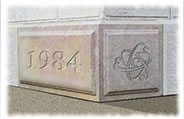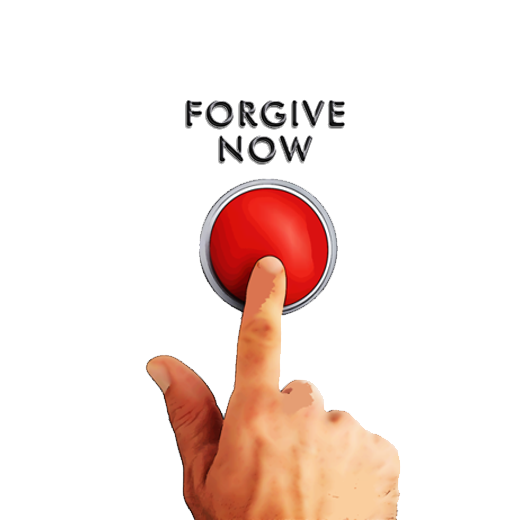Forgiving Faster
“I concluded a particularly humbling foreign assignment and came home to lick my wounds. The Boss, after a solicitous interval said, ‘Are you going to be laughing about this in 20 years?’ I responded, ‘Well, yes…’ He smiled and said, ‘Why not laugh now?’”
— Jennifer R. StJohn
There’s a lot of time wasted in self-flagellation over momentary failures. The one thing we know for sure about mistakes, confusion or misfires, is that they are in the past.
An amateur has a lot invested in perfection. She becomes aware of some less-than-anticipated performance, some departure from perfection, and fixates on it. No other thought can enter now, because the mind has narrowed its aperture to a very small bore, which hasn’t the capacity to notice the deviation, correct it and carry on undeterred. All those conflicting emotions get crowded together in the pipe — and the entire machine freezes into an unforgiving mass of failure and self-pity.
A professional on the other hand, notices a minute flaw, corrects it, and continues repeatedly to the end. There’s no time in a professional level performance for anything but continuous improvement. The failure in the beginner is not the flaw, but in the lack of forgiveness.
And one other thing: the newbie, making every mistake the center of the universe, feels the need to highlight and confess each and every departure from the ideal — obsessively making the performance about the mistakes and the self-pity — not the dance. As a rule, beginners are all about the “failures” and professionals are all about the “performance.”
The difference that all those years of practice makes is that slowly, incrementally, the professional begins to make the distinction between cataloging failures, or stitching together moments of perfection. No performance is absolutely perfect, but it points us to that “higher place — where beauty stands and waits…”
That’s why the pros forgive themselves faster — and move on!
Applications
1. For You
What’s your “Mistake Discipline?” Do you come to a halt, swear, look for someone (or something) to blame, then walk away shaking to get the right tool as you let the anger fade? Doesn’t that take too long? Why not just notice the mis-fire, mis-take, mis-read, and get right on with fixing it? The obsession with failure lives in many hearts, and not just in beginners. But the most effective players recognize that mistakes come with every creative effort, and tolerate them with greater aplomb. Make a new discipline! “Notice it, fix it, make a note, move on!”
2. At Home
There is a distinction between Good, Better and Best! Compassionate Parenting and Partnering has taken us perhaps too far in praising mere effort of every kind and degree. But finding and walking that delicate high wire between the attempt and the achievement is what parents, siblings and family can help the individual learn and more consistently master. Don’t give up on reaching for the best, just let the momentary imperfections slide away!
3. At Work
“Making it safe to try” is a reasonable way of characterizing a mistake forgiveness policy at the office. Complete Failure is never the objective, yet the greatest achievements always arrive on the back of multiple failures, each one handled and put aside in the steady march toward the goal. Make your people feel safe as they “blunder forward” and they’ll bring home victory after victory!
In work, as in life, we are all “constantly risking absurdity.” So forgive yourself faster, and make the march to perfection itself a beautiful experience.
Subscribe to our Newsletter


